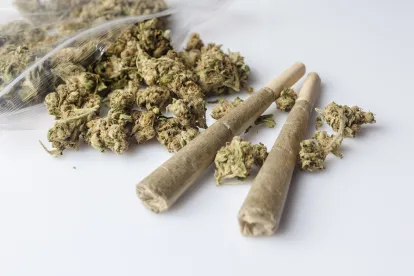Severe immigration consequences for certain non-U.S. citizens remain despite President Joe Biden’s pardon of all prior federal offenses for simple marijuana possession.
On October 6, 2022, President Biden took a major step toward the decriminalization of marijuana, pardoning all prior federal offenses for simple marijuana possession. Although this pardon will affect only approximately 6,500 individuals who were convicted of simple marijuana possession under federal law before October 6, 2022, it does not affect the much larger number of individuals who have been convicted of a marijuana possession offense under state law. To the disappointment of immigration advocates, the pardon does not benefit non-U.S. citizens who were not lawfully present in the United States at the time of their conviction, even if their conviction was under federal law.
Moreover, because marijuana is still listed as a Schedule I drug under the federal Controlled Substances Act:
-
Non-U.S. citizens can still be denied entry to the country for use of marijuana or for working or actively investing in the marijuana industry;
-
Immigration authorities may deny a non-U.S. citizen’s application for lawful permanent residence (green card) or naturalization on the ground that they have a conviction for a marijuana-related offense, an admission by the non-U.S. citizen that they have used marijuana in the past, or that they have worked or is actively investing in the marijuana industry; and
-
The Department of Homeland Security can still place individuals, including green card holders, into removal proceedings (deportation) as a result of marijuana-related offenses, unless the conviction was for simple possession of less than 30 grams.
In his order, President Biden urged governors to consider similar state law pardons for simple marijuana possession charges, which might affect many more individuals. President Biden has also asked the Department of Health and Human Services to consider changing the current Schedule I classification for marijuana. If one of these changes occurred, non-U.S. citizens would substantially benefit, as their state convictions for marijuana-related offenses might be pardoned, thus lowering the negative consequences for immigration purposes.
For now, however, non-U.S. citizens should still be wary of marijuana use, or working or investing in the marijuana industry, even in places in the United States or abroad where those activities are legal. While there may not be federal prosecutions for the use and possession of marijuana, there may be severe immigration consequences for non-U.S. citizens, because the use and possession of marijuana remains illegal in certain states.




 />i
/>i
